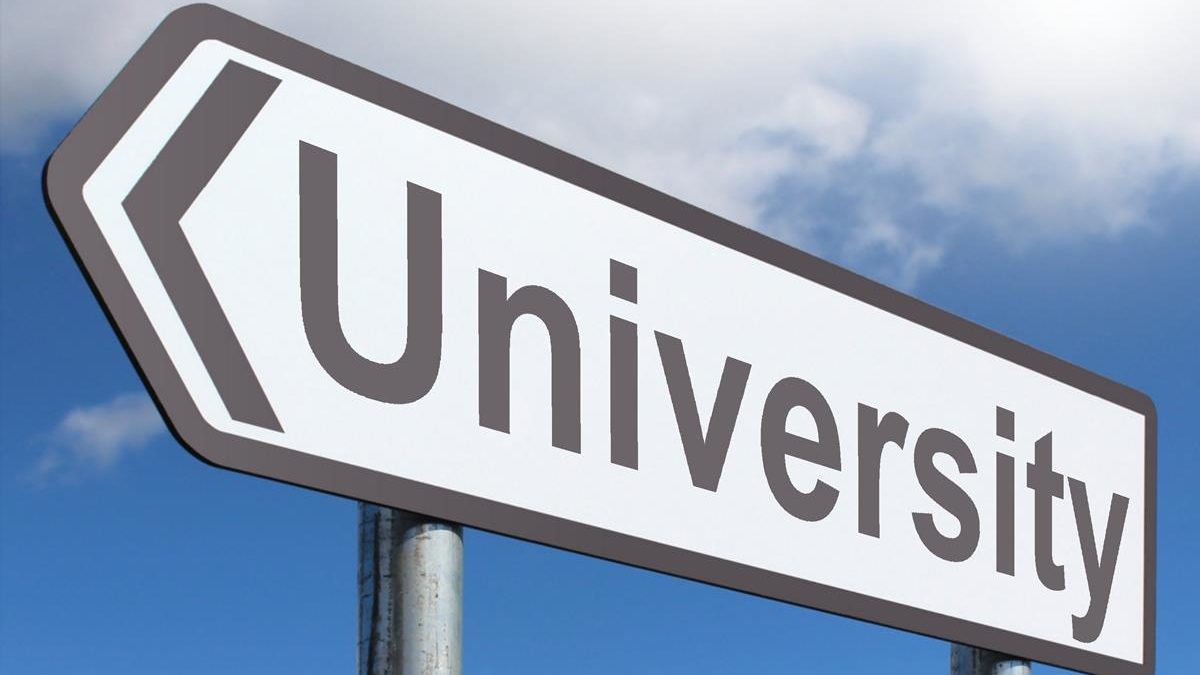Is the reputation of elite universities just a self-fulfilling prophecy?
I have the perception that a handful of universities get the lion’s share of credit for engineering achievement. It seems that their faculty and alumni receive an outsize proportion of awards and academy memberships. I don’t need to name these schools, as I think you know which they are, but for the sake of description I’ll call them the “Greats.” You can consider that your own school is one of the Greats if you wish.
Your immediate reaction might be that this perceived level of acclaim is obviously merited. That may be so, but I think it deserves some further consideration. Perhaps it’s like observing that so many of the U.S. Supreme Court justices come from Harvard. Why does that happen? Surely there are many other excellent law schools, just as there are many very good engineering schools. There must be something else involved besides the good education available at so many other schools.
We might agree that the Greats get the best and brightest students. However, there are many more of the best and brightest that attend other good universities, which I will lump together as the “not quite greats.” A big difference, however, is that virtually every student at the Greats is exceptional, and this is relatively rare elsewhere.
I recently heard a talk by a successful technology entrepreneur. He confessed that he had been a college dropout and this had given him a bad opinion of his own capabilities. But, people said to him, successful billionaires Bill Gates and Mark Zuckerberg had also been college dropouts. To which he replied, “Yes, but they dropped out of Harvard; I dropped out of community college. It’s different.”
The fact that the speaker had been successful shows that anyone sufficiently bright and motivated can succeed. However, the other famous dropouts cited seem to imply that perhaps some students are so good that they don’t even need Harvard. But Harvard needs students like them. My own belief is that in the end, the students make the school. I often think that at the Greats, the faculty itself is superfluous. Just get that group of students together and get out of the way. Good things will happen.
Many of the not-quite-great schools aspire to become Greats. They can hire excellent faculty, which often includes graduates of the Greats. But the hardest thing to get is that large number of exceptional students. The brand of the Greats endures, and so many of the best students want a degree from the Greats. The listing of the Greats in the various college guides has not changed in many decades. It is a self-fulfilling prophecy. The Greats attract the great, and the circle continues indefinitely.
Students graduating from the Greats often aspire to research and entrepreneurial careers, reflecting the cultures of their institutions. They also have a ready-made network of soon-to-be-famous fellow students and the support and endorsement of well-known faculty. The combination of aspirations and pedigree can result in favorable starting positions in industry and academia. First jobs can be critical in the path of a career, and achievements in those early years are often later retrospectively recognized and honored by awards.
Nonetheless, in my time as a research manager, I usually forgot what schools engineers had graduated from after a few years. There is a half-life to a pedigree of three or four years. The network of valuable associates diffuses and outsiders are absorbed. Engineers are accepted for who they are and what they have become. Other engineers have a good sense of who the good engineers are, and that matters a great deal in all that follows.
This article appears in the January 2019 print issue as “Making a Great University.”

